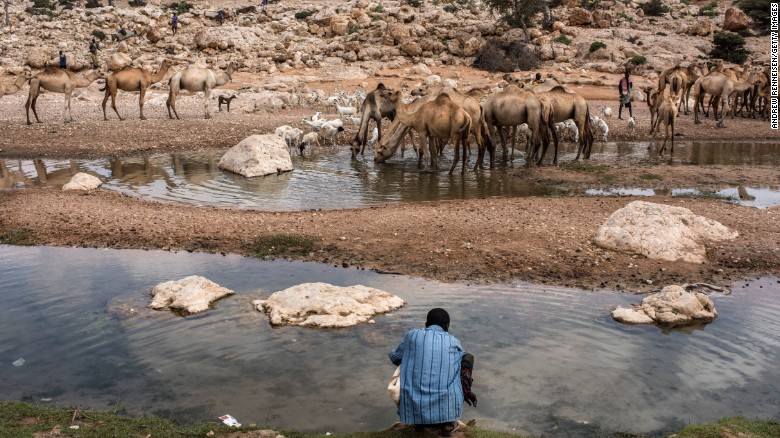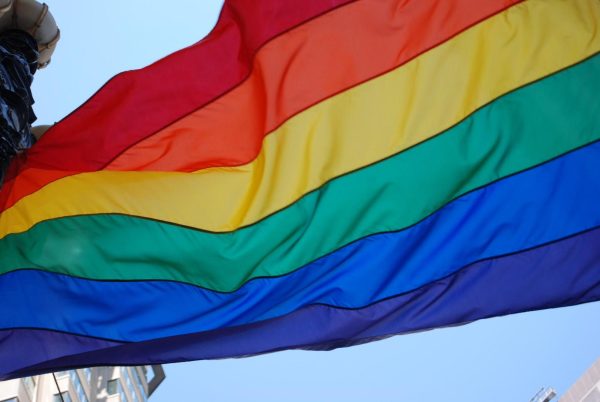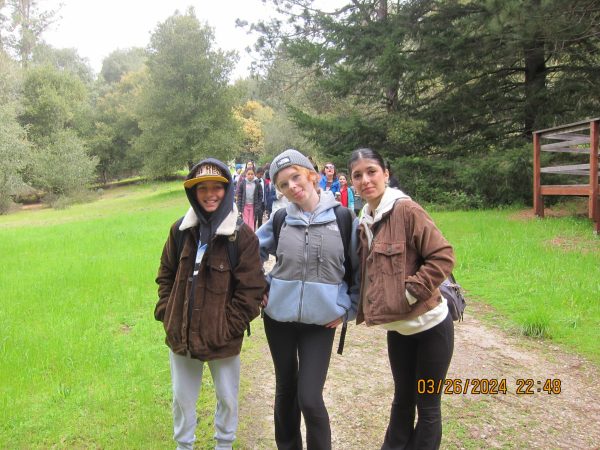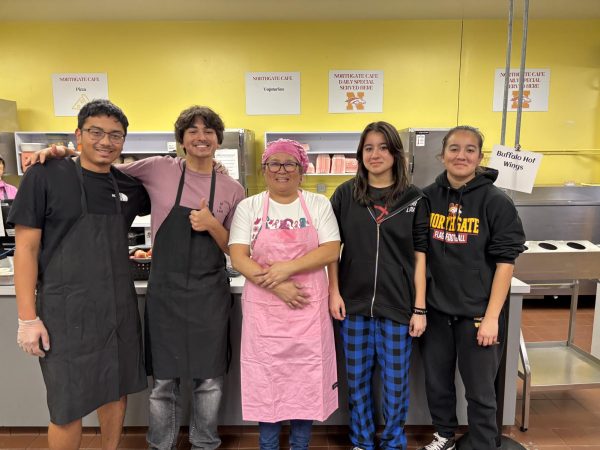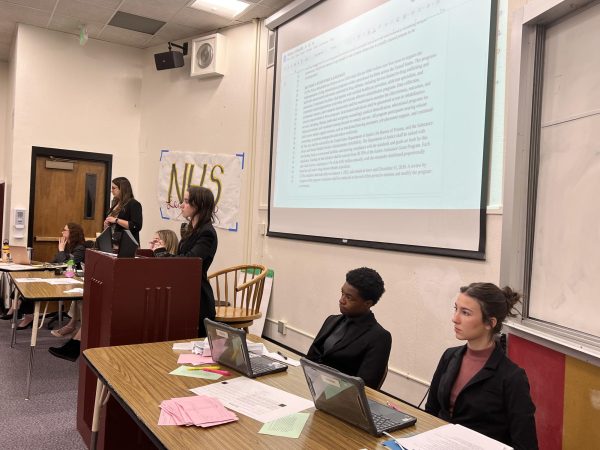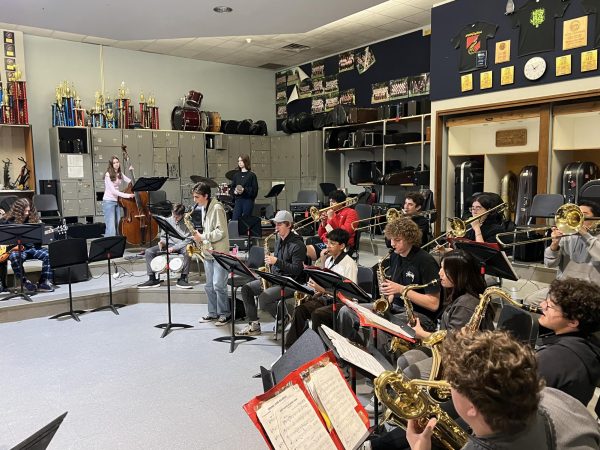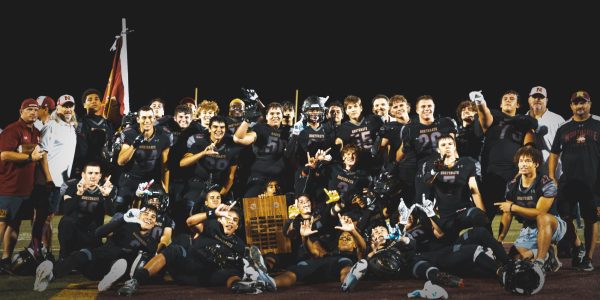Famine in Somalia highlights U.S. media’s comfortable stance
Somalians are forced to travel long distances in order to get water.
Scrolling through Instagram one night seeing all the suggested posts from beauty gurus to jet-set travelers, my eyes came across something different. I saw posts from influencers such as Jérôme Jarre, Juanpa Zurita, and Amanda Cerny regarding a drought causing widespread suffering in Somalia. Something I did not hear about prior to that day.
The drought in Somalia began in 2015, but as of recently it has gotten much worse. Over 100 people – mostly children – have died of dehydration and starvation in a 48-hour period in March, according to the Australian Broadcasting Corporation. Over half of the 10.5 million people living in Somalia are suffering yet I have not seen one peep of news from East Africa on any major news network and I find that to be a big problem.
From what I see broadcasted in the United States, networks tend to show news that looks too comfortable to the naked eye when there is more unsettling news that needs attention. CNN plays what seems to be a 24-hour cycle of detailed critiques of Trump’s tweets yet the issue of Flint, Michigan’s lead-infected drinking water has disappeared from the airwaves along with global events. Other networks play into this by cloaking viewers from what is happening around the world when they claim to be the best in reporting world news. If they do display news events from other countries, it is either that of a developed nation or one where a disaster has happened where catastrophes usually do not take place.
A big example of this is what occurred on Nov. 13, 2015. There were three major world events that day: the attack at and around the Bataclan Theatre in Paris, a bombing of a Palestinian refugee camp in Beirut, and an earthquake off the Ryukyu Islands of Japan. Going channel by channel, I saw networks with video feeds live from Paris describing the harrowing details repeatedly. There was very little mention about what happened in Japan and nothing besides a mention in the news ticker about Beirut.
The nature of broadcast news is keeping civilians inside a bubble. News of police brutality on minorities would raise awareness to movements like Black Lives Matter and the situation in which refugees come from would make people more compassionate to speak up for what’s right. Instead of remaining at ease with what is shown on televised news, do some research to find out about other events at home and around the world to see what you can do to help.

